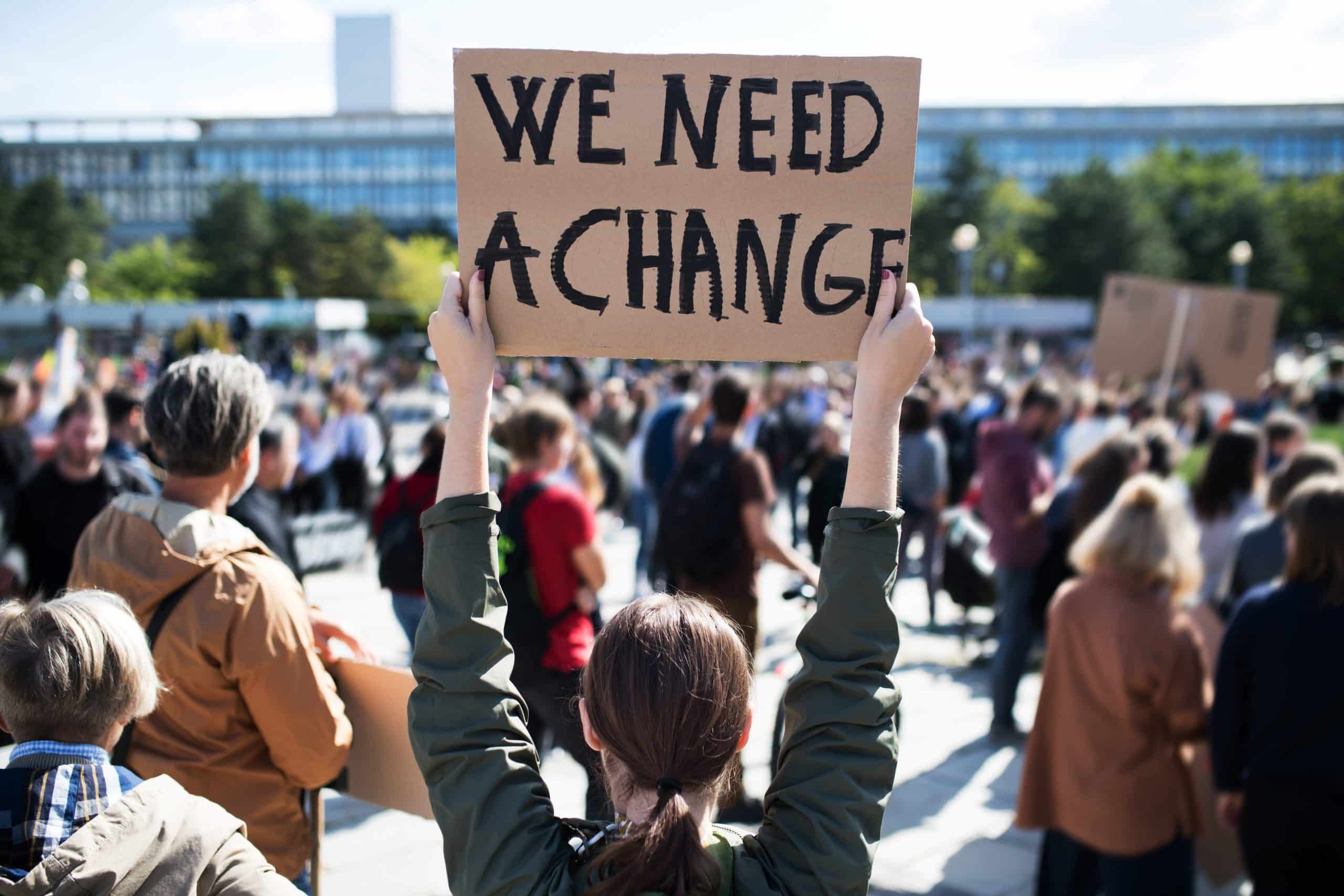Unmasking Injustice: The Urgent Need for Global Accountability
11.02.2025
 Sofia Chen
Sofia Chen

Injustice
Injustice manifests in various forms across the globe, affecting millions and undermining the principles of equality and human rights. This post delves into the pervasive nature of injustice and the collective responsibility of nations to address it.
Injustice is a blight on the conscience of humanity, a pervasive force that undermines the very foundations of society. From systemic discrimination to economic inequality, the manifestations of injustice are as diverse as they are damaging. As we navigate an increasingly complex world, it is imperative that we confront these injustices head-on and hold ourselves accountable for creating a more equitable future.
The Many Faces of Injustice
Injustice can take many forms—racial, social, economic, and environmental. It is often rooted in historical inequalities and perpetuated by institutions that prioritize power over people. For instance, marginalized communities frequently face discrimination in access to education, healthcare, and employment opportunities. Additionally, the impacts of climate change disproportionately affect vulnerable populations, exacerbating existing inequalities and leading to further injustices.
A Global Responsibility
Addressing injustice is not solely the responsibility of individual nations; it is a global imperative. The interconnectedness of our world means that injustices in one region can have far-reaching consequences elsewhere. Therefore, it is crucial for nations to collaborate in developing comprehensive strategies that promote justice and equality. This includes sharing best practices, supporting international human rights initiatives, and holding accountable those who perpetrate injustices.
The Role of Advocacy and Awareness
Raising awareness about injustice is a vital step toward fostering change. Advocacy groups, civil society organizations, and concerned citizens play a crucial role in shining a light on injustices and demanding accountability. By amplifying the voices of those affected and mobilizing public support, we can create a groundswell of pressure that compels governments and institutions to act.
A Call for Action
We must not remain passive observers in the face of injustice. It is time for all nations to commit to a shared agenda that prioritizes human rights and social justice. This includes implementing policies that address systemic inequalities, investing in education and healthcare for all, and ensuring that marginalized voices are heard in decision-making processes.
In conclusion, the fight against injustice is a collective struggle that requires unwavering commitment and action from all corners of the globe. By standing together and demanding accountability, we can dismantle the structures that perpetuate injustice and pave the way for a more just and equitable world. The time for change is now—let us unite in our pursuit of justice for all.